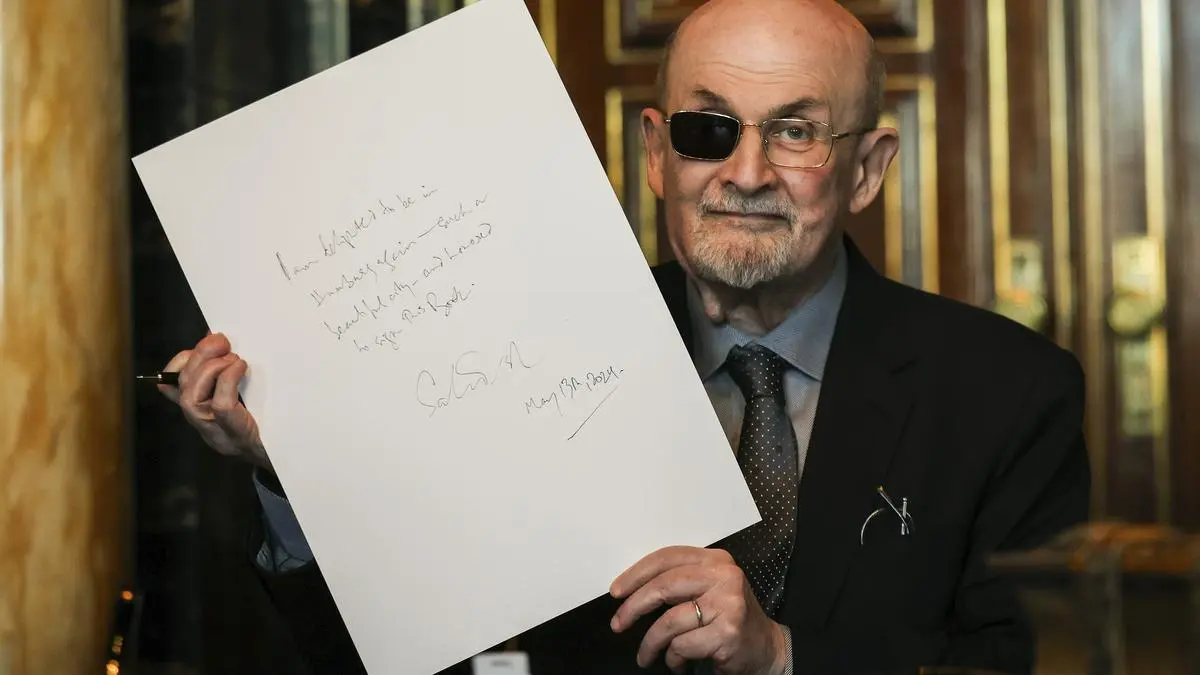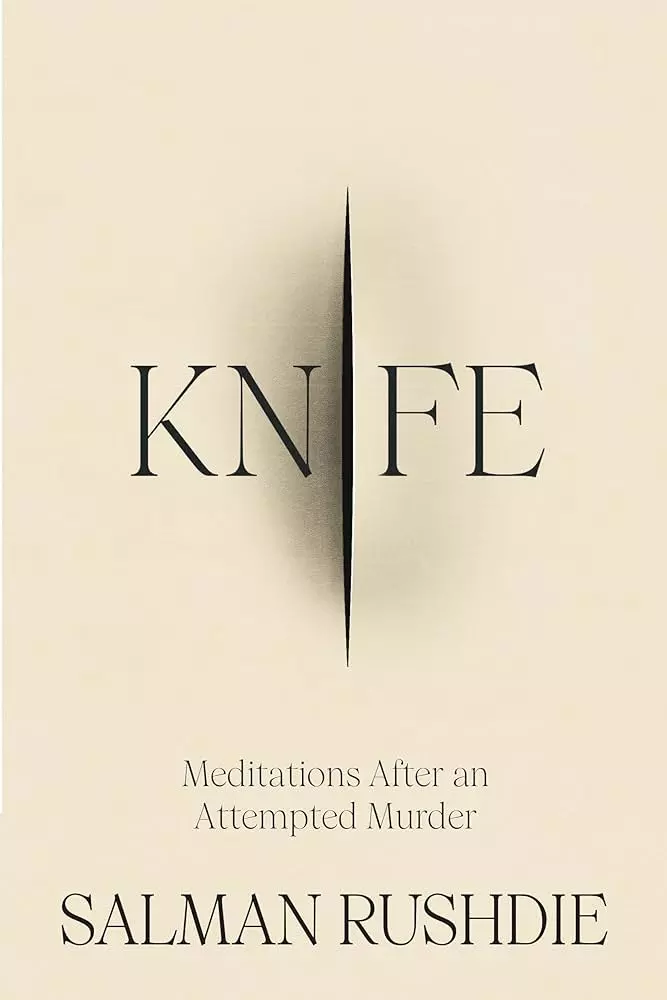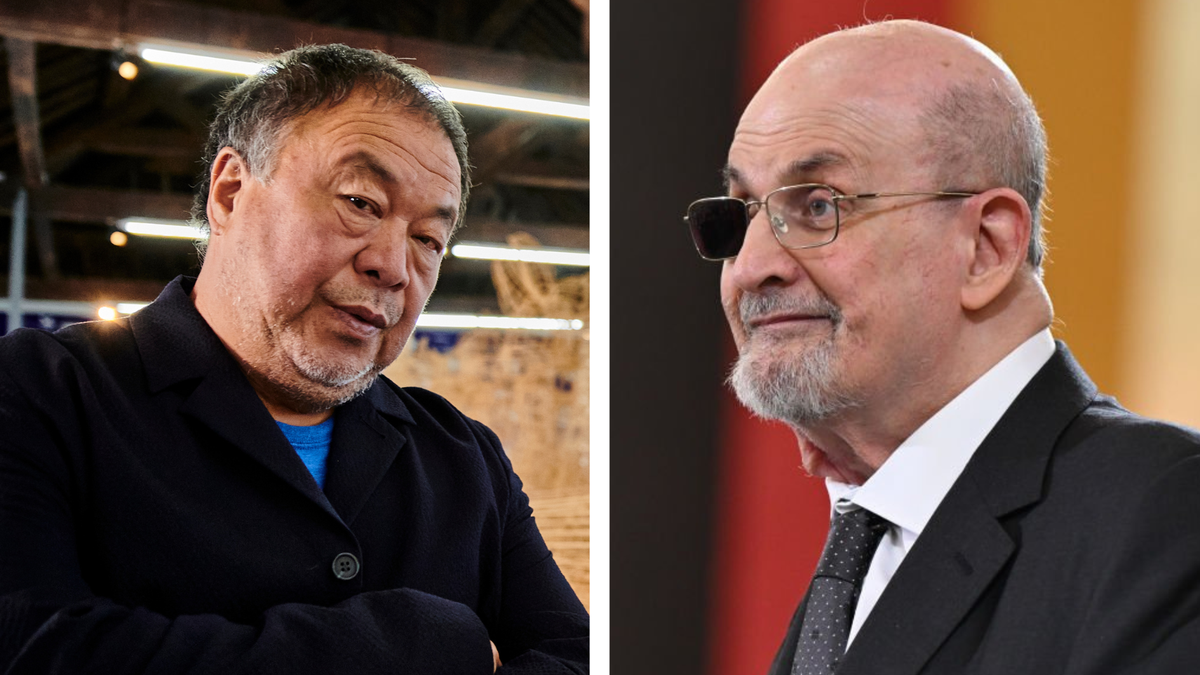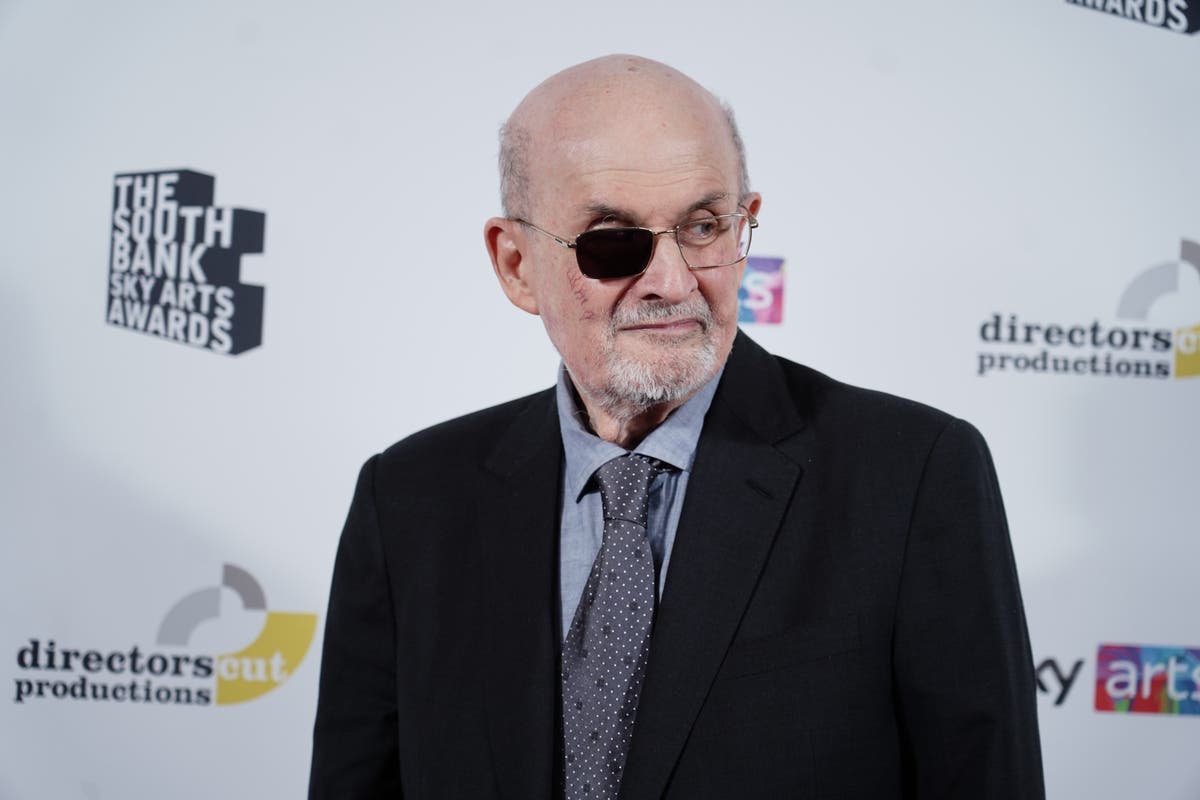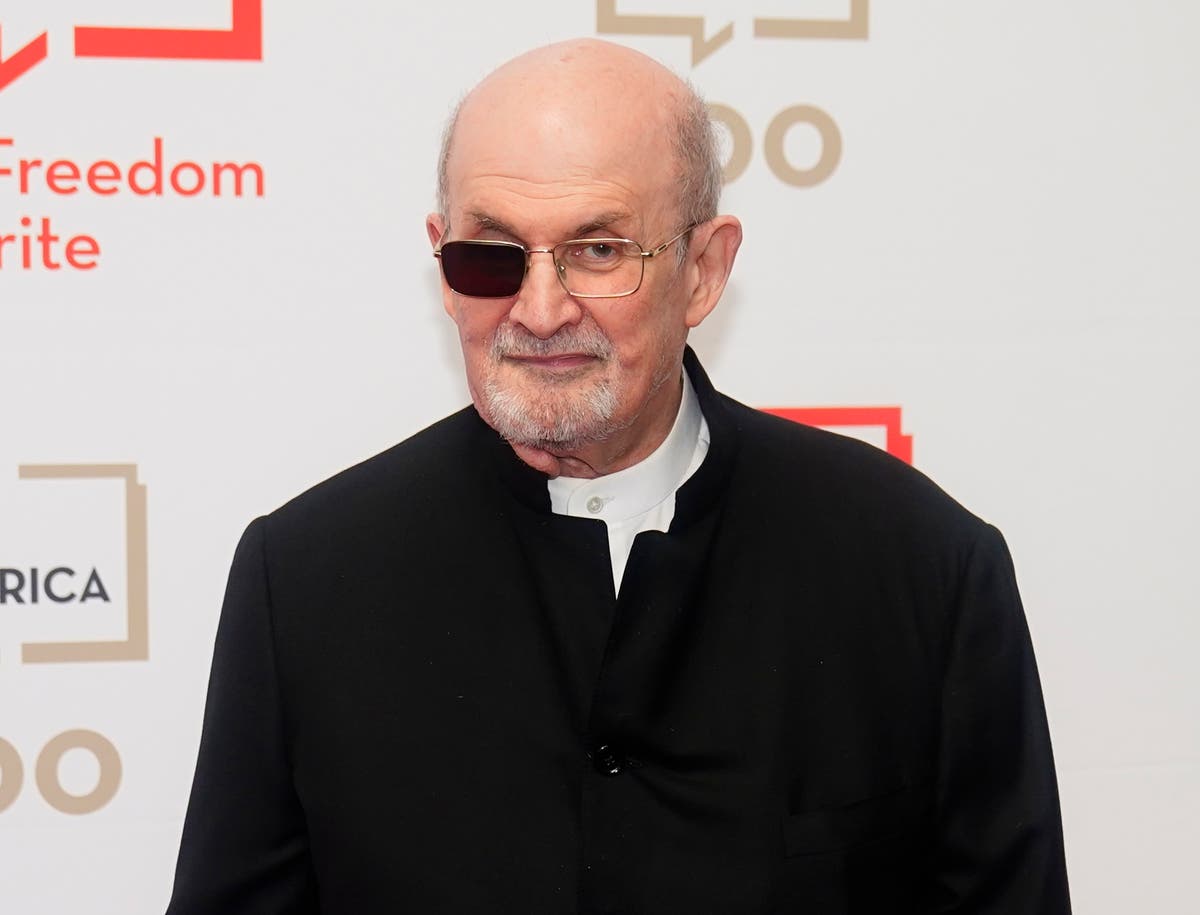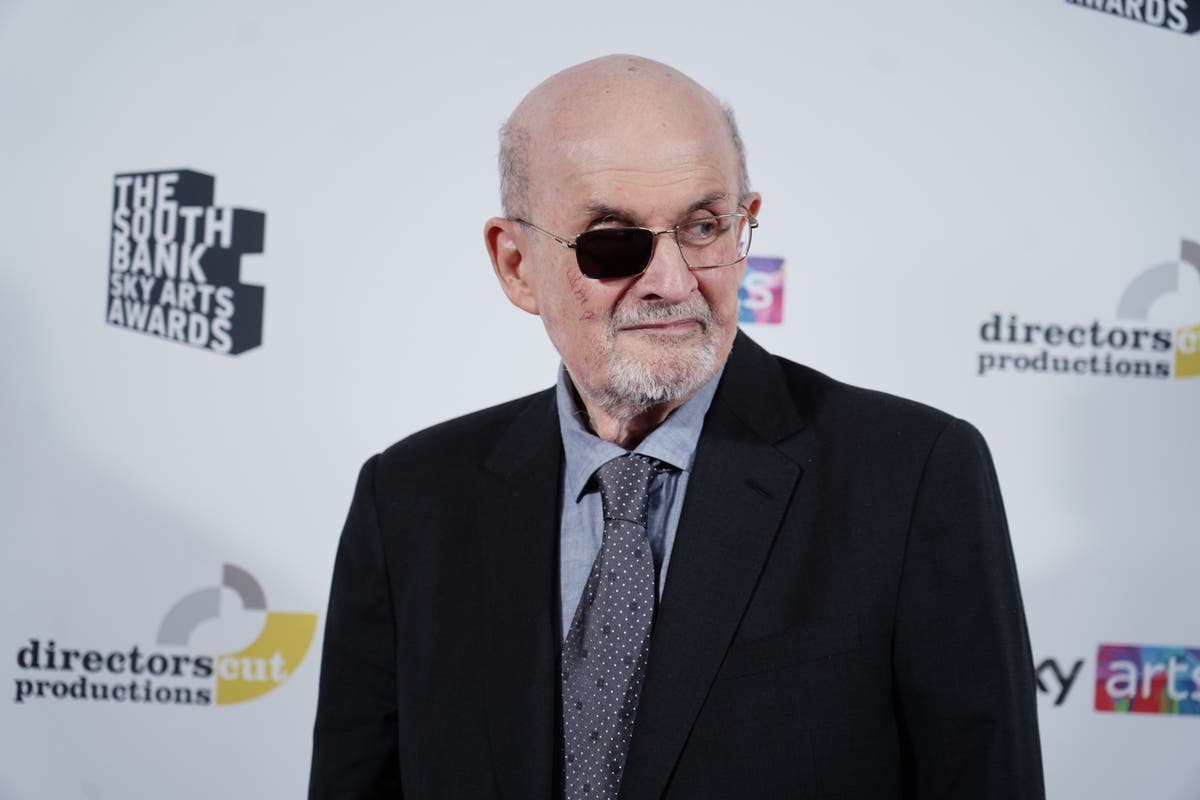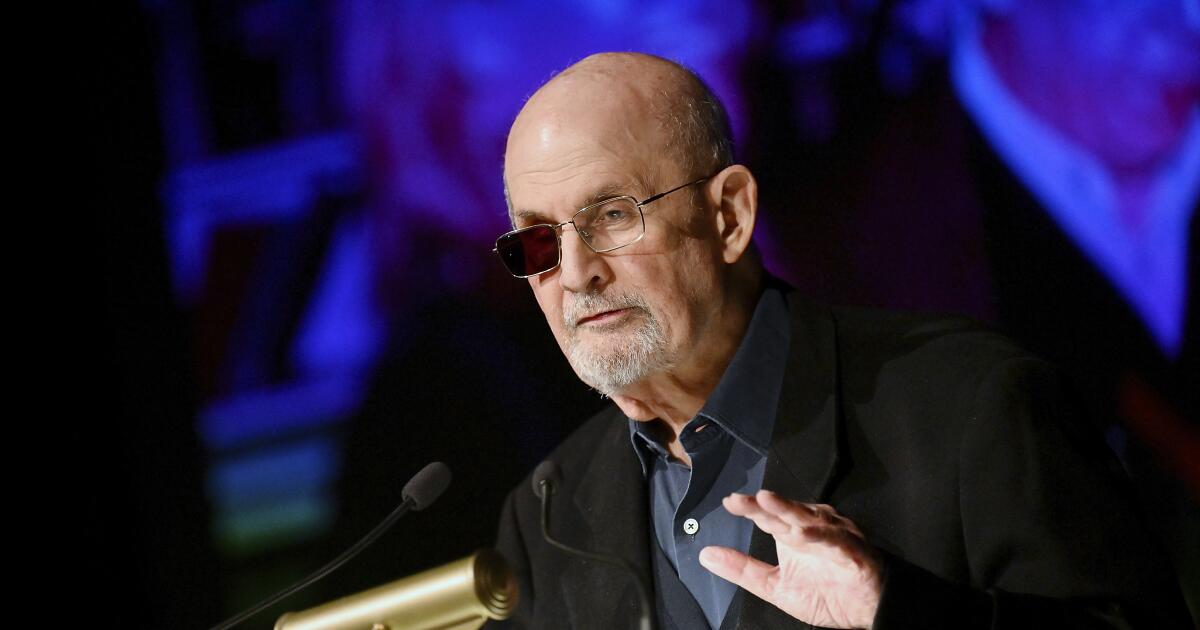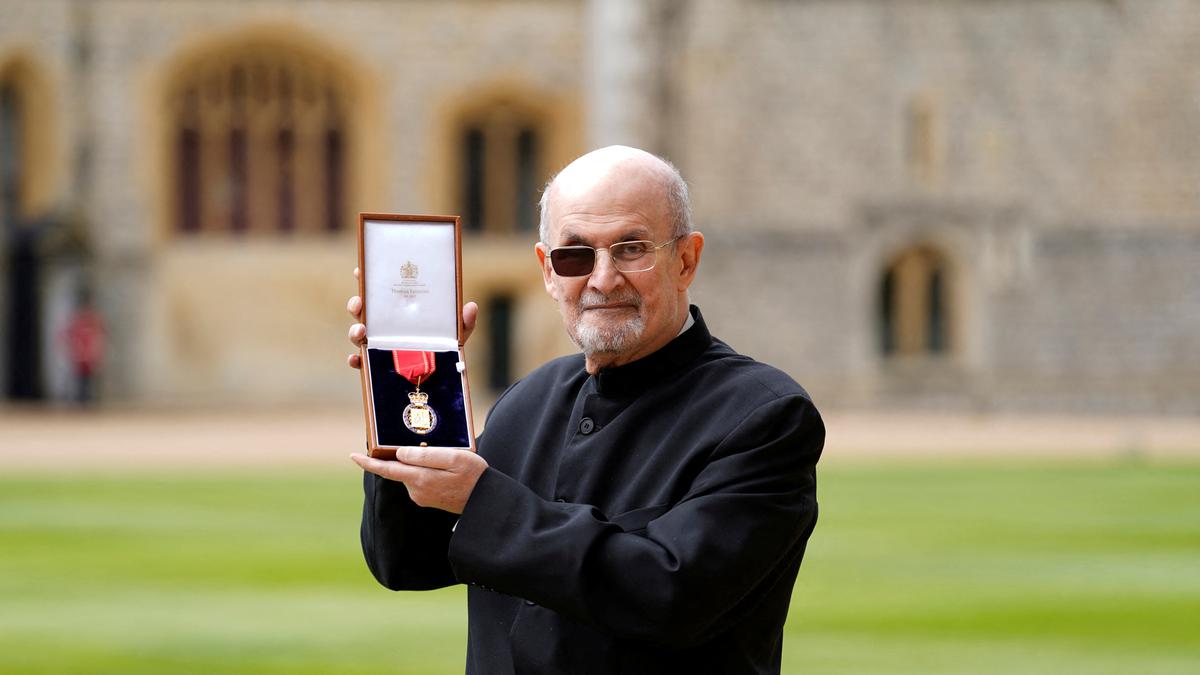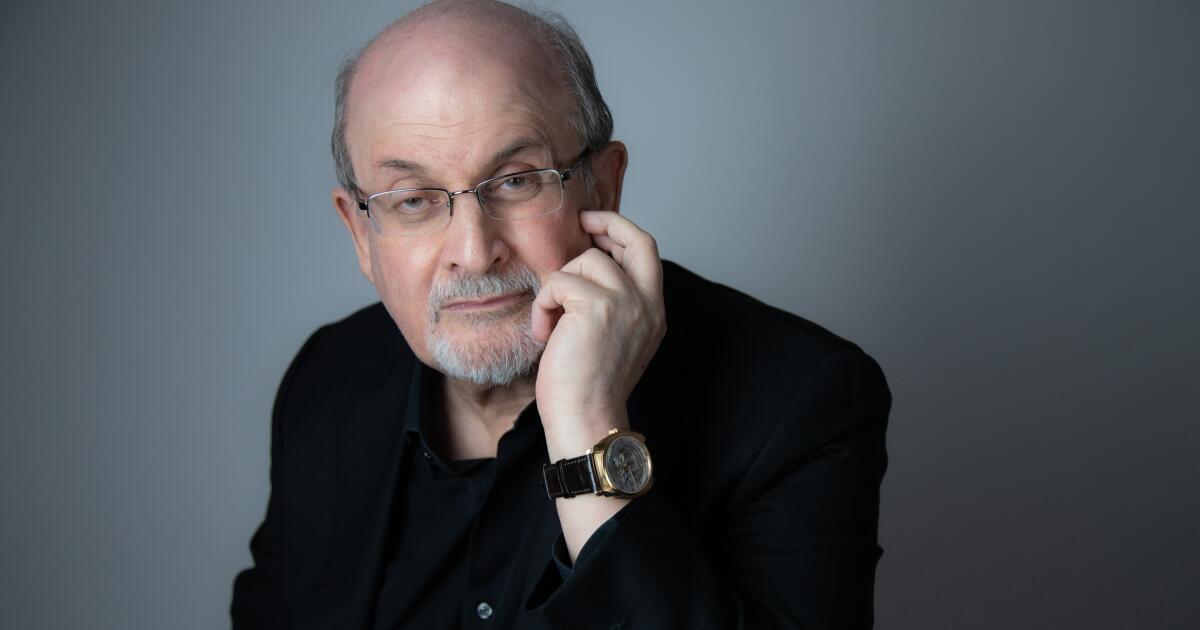
Salman Rushdie’s new novel reminds us how his writing changed the world
LA TimesOn the Shelf Victory City By Salman Rushdie Random House: 352 pages, $30 If you buy books linked on our site, The Times may earn a commission from Bookshop.org, whose fees support independent bookstores. The Rushdie who went into hiding because of the 1989 fatwa over his book “The Satanic Verses,” eventually reentered public life, big-time, and was brutally attacked onstage last August. “The public attack on Rushdie’s life, while publicly exercising his right to free speech, will surely affect how his work is received and, broadly, how we perceive the role of writers as public intellectuals,” said Ana Cristina Mendes, a professor at the University of Lisbon and author of the book “Salman Rushdie in the Cultural Marketplace.” Rushdie is, especially now, a kind of secular saint who was nearly sacrificed for free speech. “Midnight’s Children,” published in 1981, is Rushdie’s greatest work, Johnson says, because it is “a kaleidoscopic, idiosyncratic, virtuosic book of magic realism that interweaves an astonishing number of themes, images, characters, cultural motifs and histories.” “As someone who was born and raised in India,” Johnson added, “I can say that Rushdie manages to capture voices, places and events both accurately and vibrantly, bringing them to life. Some commentators, Mendes noted, “had it that Rushdie’s investment in public performance was intended to court controversy after the fatwa; that he capitalized on his experience of being forced into hiding ; that he fed a public perception of a controversial figure to boost book sales.” The August attack on him — 33 years after the fatwa issued by Ayatollah Khomeini — proved that every precaution taken was necessary.
History of this topic

Review: Knife by Salman Rushdie
Hindustan TimesSalman Rushdie was stabbed onstage last year. He’s releasing a memoir about the attack
Associated Press
Salman Rushdie is writing a ‘necessary book’ about his 2022 stabbing
LA Times
On stabbing incident, Salman Rushdie says he is 'more or less OK' but faces this dilemma
Hindustan Times
Welcome back, Salman Rushdie
Al Jazeera
‘Struggle continues’: Salman Rushdie discusses knife attack
Al Jazeera
Salman Rushdie makes rare public address, warning that free expression is under threat
LA Times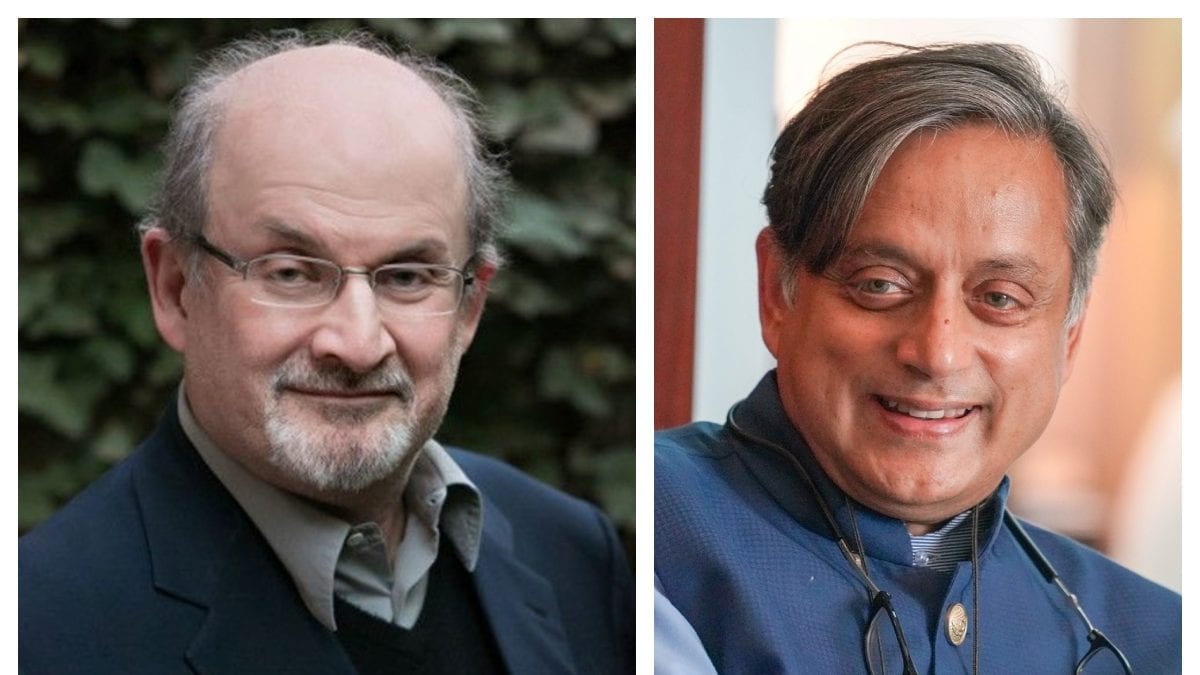
Salman Rushdie "Greatest Living Indian Writer, Nobel Long Overdue" Says Shashi Tharoor
News 18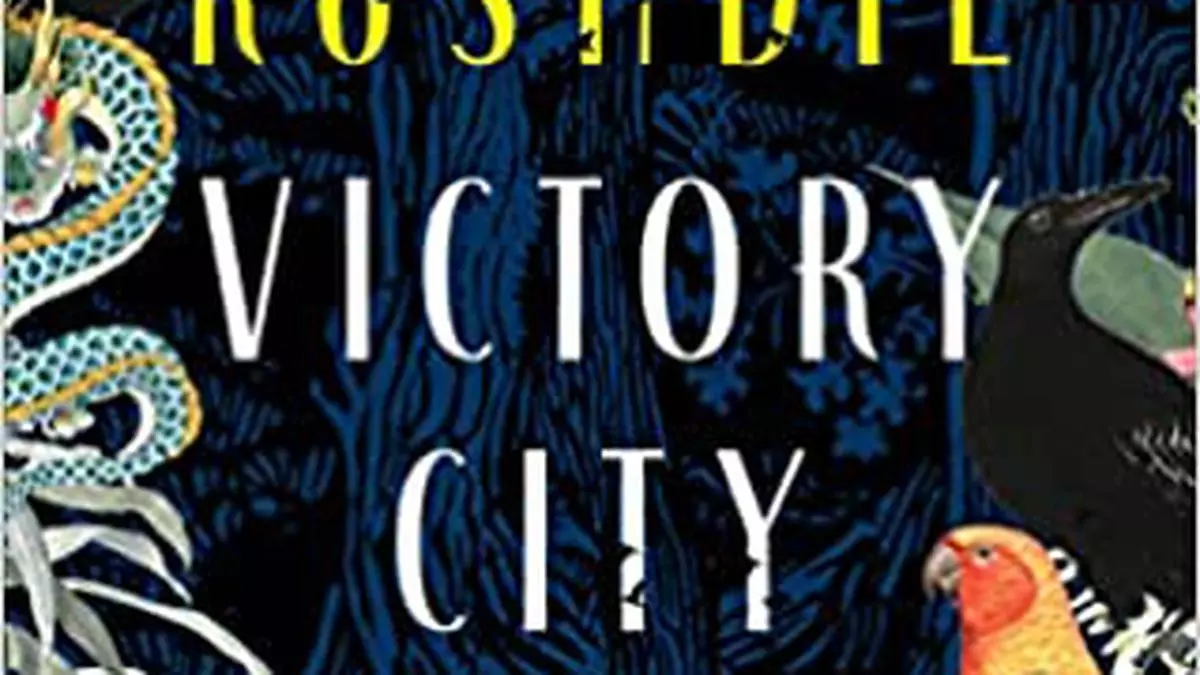
Book Review: ‘Victory City’ by Salman Rushdie
The Hindu
Review: Victory City by Salman Rushdie
Hindustan Times
Author Salman Rushdie's epic reply to troll gets a thumbs up from Twitter. See post
India Today
Salman Rushdie uploads selfie, months after losing an eye to Islamist Jihadi attack
Op India)
Salman Rushdie releases new novel, six months after knife attack
Firstpost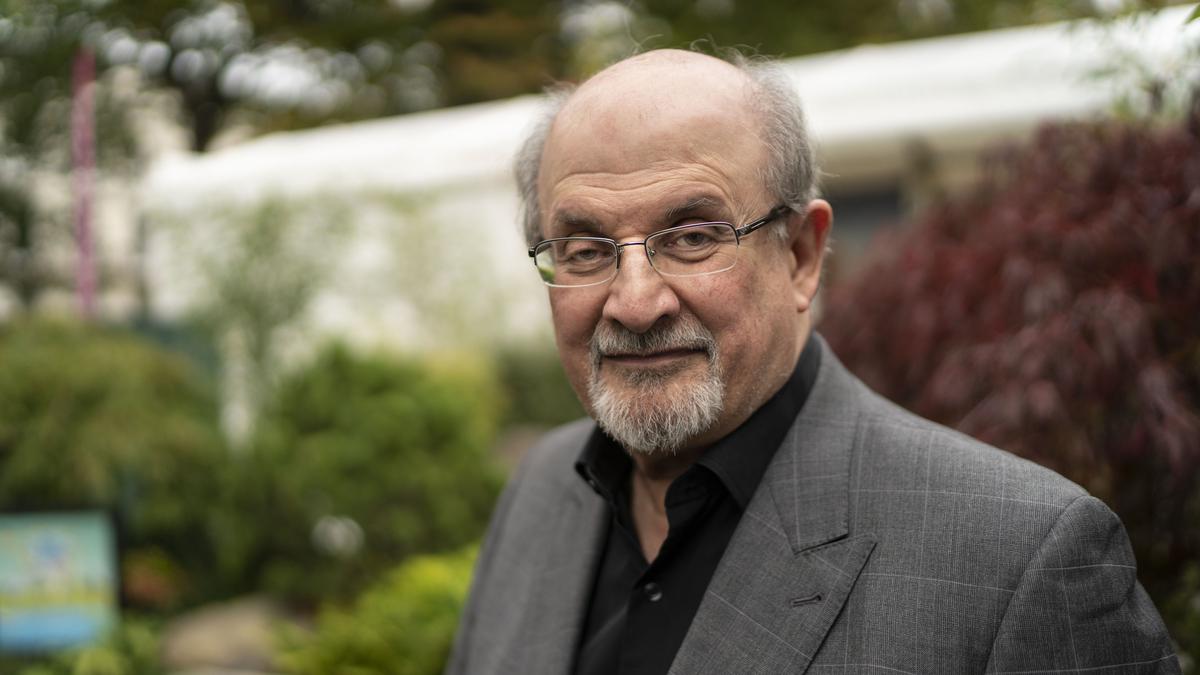
Salman Rushdie’s Victory City is ‘a restoration of the powers of fiction in these censorious times’
The Hindu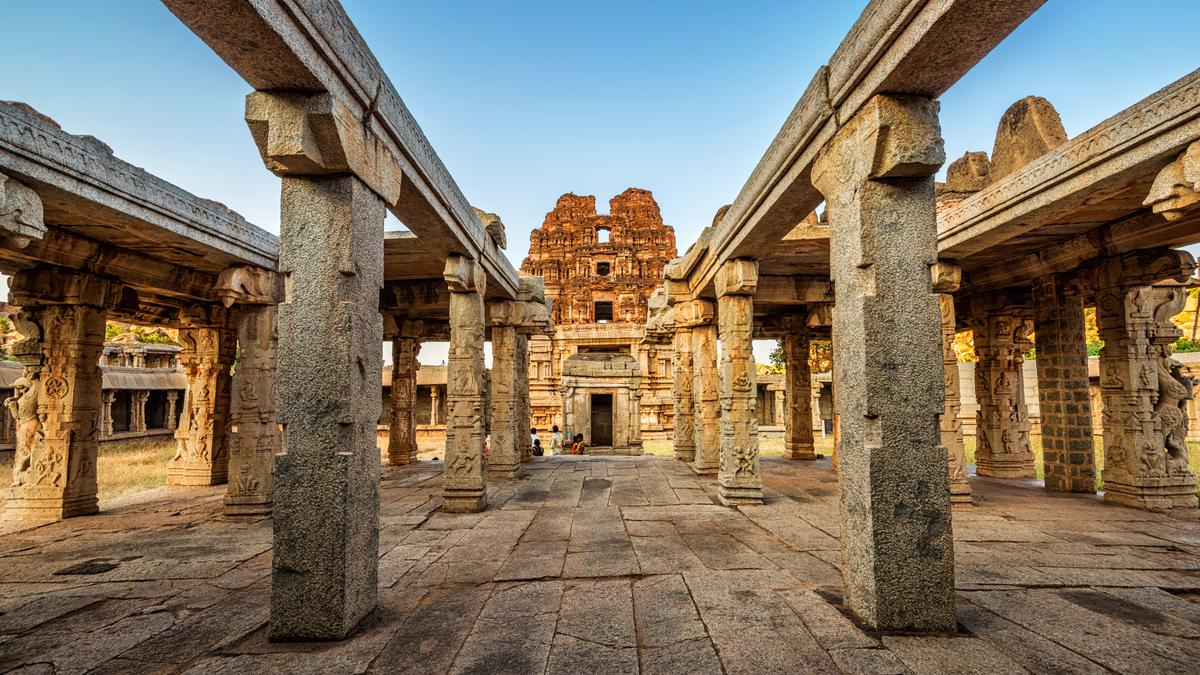
Book review | ‘Victory City’ is carried forward by Salman Rushdie’s infectious energy
The Hindu
Attack on Salman Rushdie is \'appalling\', says White House NSA Jake Sullivan
Deccan Chronicle
Salman Rushdie Attacked Onstage At Event In Western New York
Huff Post
Author Salman Rushdie on ventilator after attack in New York
Al JazeeraDiscover Related



